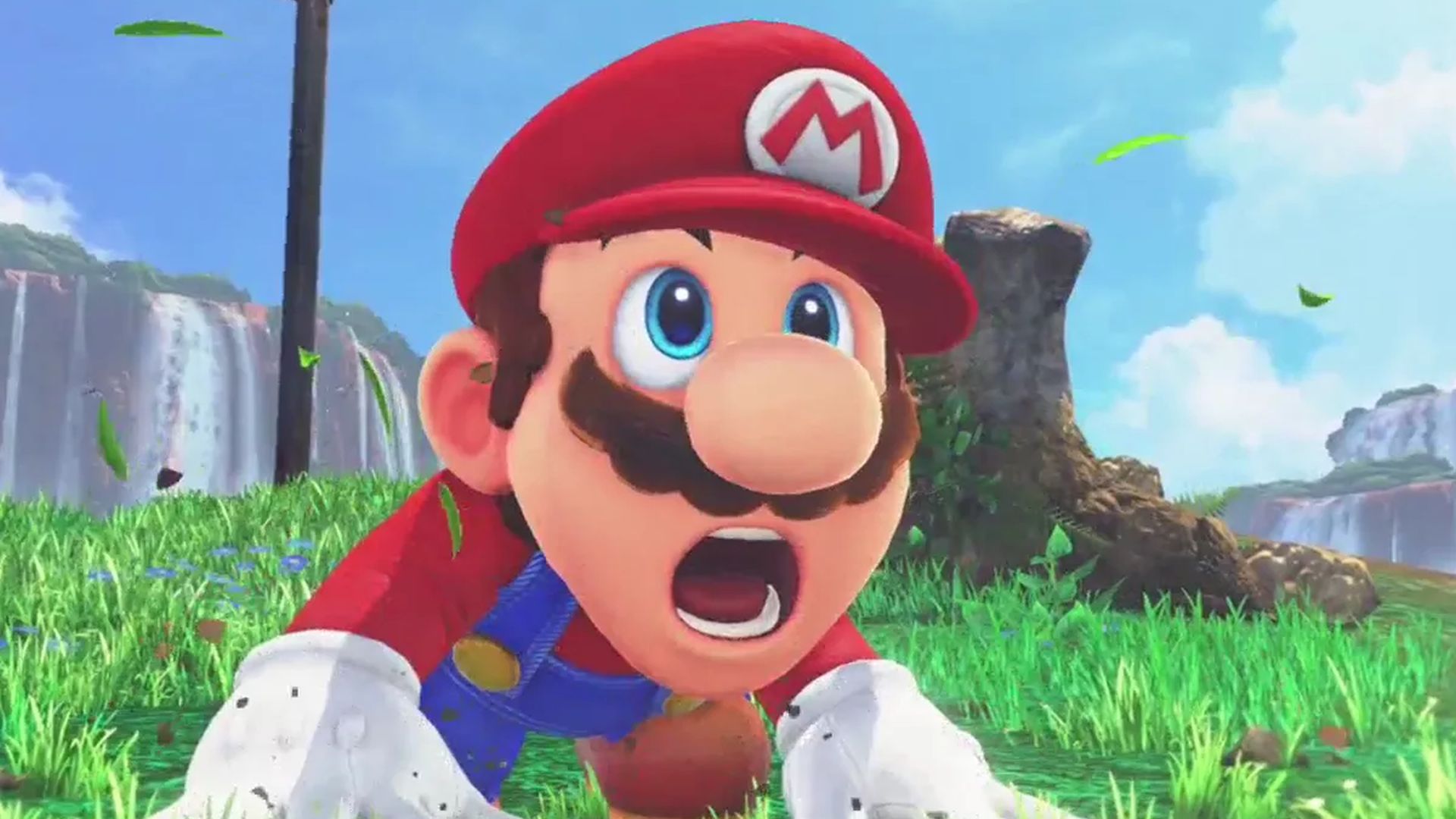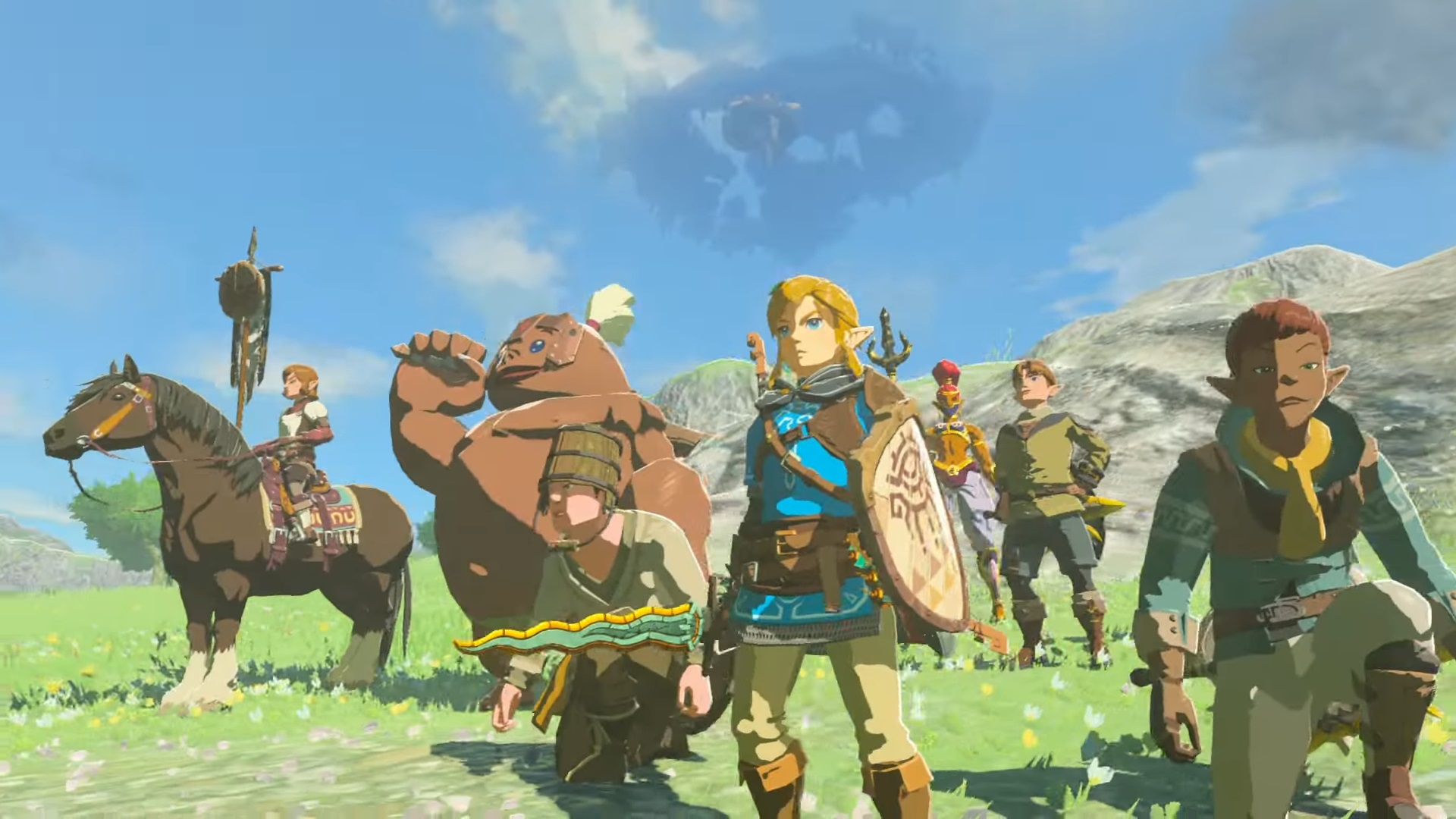Former dev says Steam's takedown of a Nintendo emulator shows "how little people understand" copyright law
Dolphin's removal from Steam shows the reality of copyright law is more complicated than any of us think

Popular GameCube and Wii emulator Dolphin is no longer coming to Steam. That's the result of a conversation between Valve and Nintendo, and it's come as a reminder of just how unclear the legal situation around emulators really is.
On March 28, the developers behind Dolphin announced that the emulator would be coming to Steam. On May 27, they announced that Dolphin's Steam release had been "indefinitely postponed" after Nintendo issued "a cease and desist citing the DMCA against Dolphin's Steam page." While that made it sound like this was the same sort of DMCA takedown that struck Switch game-copying tools last month, the reality is a bit more complicated.
After reviewing the letter, attorney Kellen Voyer of Voyer Law told our friends at PC Gamer that "I would characterize this NOT as a DMCA takedown notice and instead as a warning shot that the software, Dolphin, if released on Steam would (in Nintendo’s view) violate the DMCA."
Former Dolphin developer delroth said on Mastodon that, to the best of his understanding, Valve reached out to Nintendo about whether or not it was cool to host the emulator on Steam. Nintendo said no, citing its belief that Dolphin would violate the DMCA by using "cryptographic keys without Nintendo’s authorization and decrypting the ROMs at or immediately before runtime." Valve then chose to delist Dolphin from Steam, and forwarded the letter to the Dolphin devs - and, because of an error in addressing the message, the letter also went to delroth.
The key detail here is that Nintendo has taken no action against Dolphin or its developers - it simply responded to Valve's request for information. In fact, Nintendo has never taken action against Dolphin directly, and while Nintendo's action against software pirates is notoriously harsh, it typically hasn't gone after the emulators that can be used to play pirated software. Notably, Nintendo has seemingly ignored the existence of popular Switch emulators even after they were widely used to play Tears of the Kingdom before the game was even officially out.

It's widely believed among emulation advocates that emulators themselves are perfectly legal, and they may be right. Decades ago, the developers of a commercially-sold PlayStation emulator called Bleem! successfully defended themselves from Sony's allegations of copyright infringement. Under this interpretation of the law, you could fire up a PlayStation emulator, stick an official PS1 disc in your PC's CD drive, and enjoy the game without fear that you're breaking the law. You just couldn't download the same game from the internet.
But the reason that we're talking about 'interpretation' and 'belief' here is that breaking copyright law is not like making a traffic violation. There are few hard rules about what is and isn't allowed. "One interesting realization for me with the recent Dolphin / Valve / Nintendo situation is how little people understand the ambiguity of US copyright laws," delroth said. "Like, people can't fathom that *nobody* has a clue whether emulators for 7th gen consoles might be infringing DMCA anti-circumvention clauses. Lawyers, courts, emulation developers, Nintendo - no-one. Everyone who cares does know that it operates (and has always operated) in a gray area though."
Weekly digests, tales from the communities you love, and more
One of the few things the DMCA does make clear is that circumventing copyright protection is prohibited, which is why Nintendo's letter to Valve specifically cites Dolphin's use of cryptographic keys. To that point, delroth argues "nobody can tell for sure whether Dolphin is in the right, or whether Nintendo is in the right. Like all legal matters, there is a lot of space for interpretation. Dolphin does distribute the Wii AES-128 Common Key which is used to encrypt Wii game discs."
But, delroth added, "whether that's allowed by exception clauses for interoperability, whether that's allowed by some kind of fair use clause, whether Nintendo's broken DRM actually counts as an effective copyright protection measure, etc., only a lawsuit could decide that. Your guess is probably as good or as bad as anyone else's."
While gamers have been looking for a black-and-white explanation on whether or not emulation is legal for years, that answer is not coming anytime soon, and it would be dependent on the decisions of an individual court on a specific instance anyway. Since Nintendo and others have historically left emulator devs alone, their lawyers likely believe they wouldn't win a lawsuit if it went to court - at least, that's what developer communities are seemingly thinking as they continue their work.
The best GameCube games are still worth playing any way you can.

Dustin Bailey joined the GamesRadar team as a Staff Writer in May 2022, and is currently based in Missouri. He's been covering games (with occasional dalliances in the worlds of anime and pro wrestling) since 2015, first as a freelancer, then as a news writer at PCGamesN for nearly five years. His love for games was sparked somewhere between Metal Gear Solid 2 and Knights of the Old Republic, and these days you can usually find him splitting his entertainment time between retro gaming, the latest big action-adventure title, or a long haul in American Truck Simulator.


